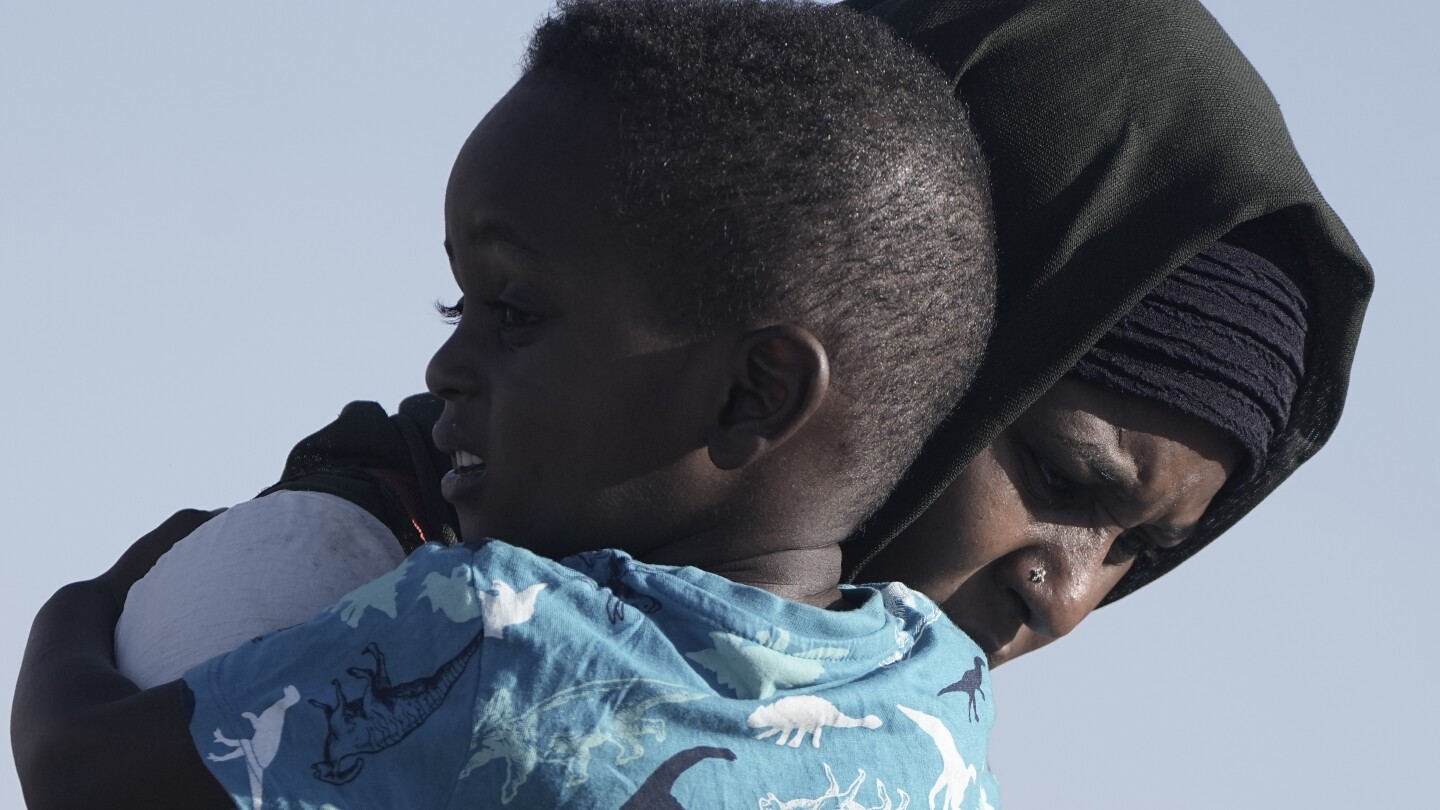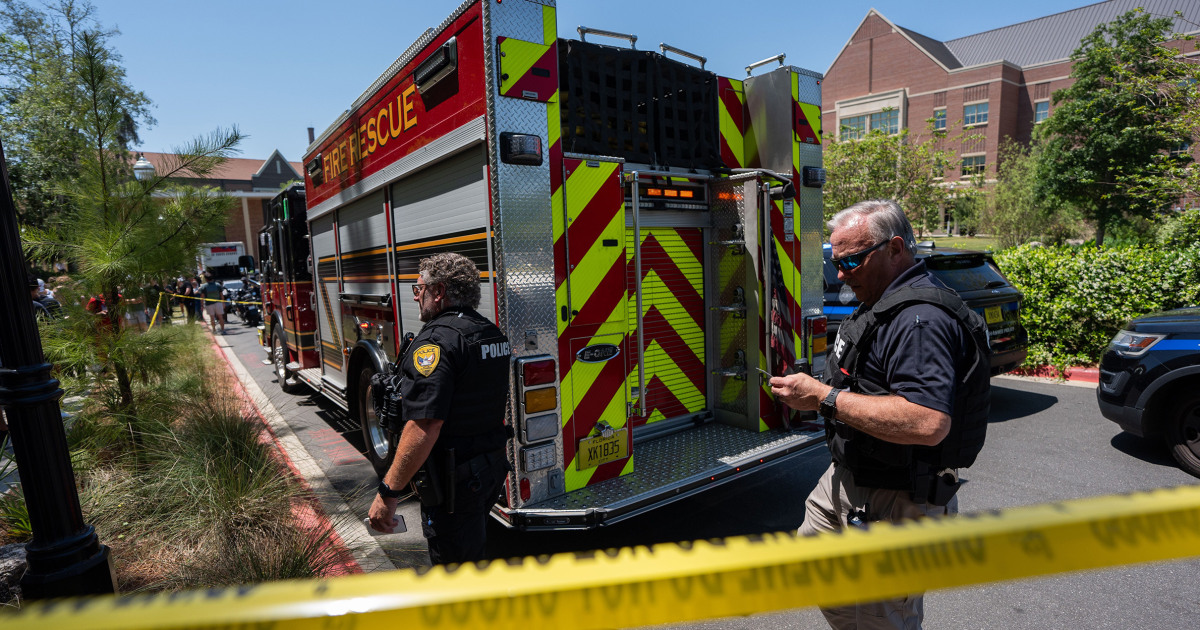Sudan’s Civil War: The Escalating Humanitarian Crisis in Its Third Year
Sudan’s civil war, now entering its third year, has plunged the nation into an unprecedented humanitarian catastrophe. Since April 2023, violent clashes between the Sudanese Armed Forces (SAF) and the Rapid Support Forces (RSF) have displaced over 8 million people, triggered widespread famine, and led to alarming human rights abuses. With international aid efforts faltering and diplomatic solutions stalled, civilians face a daily struggle for survival as the conflict shows no signs of abating.
A Nation on the Brink of Famine
The World Food Programme (WFP) warns that 18 million Sudanese—nearly 40% of the population—face acute food insecurity, with 5 million at emergency levels. In Darfur and Khartoum, children beg for scraps in streets littered with bullet casings, while markets stand empty. “We’re seeing malnutrition rates comparable to Somalia in 2011,” says Dr. Hala Al-Karib, regional director of the Sudanese Relief Initiative. “Without immediate intervention, thousands will perish within months.”
Key factors driving the famine:
- Agricultural collapse: 60% of farmland lies fallow due to fighting
- Aid blockades: 70% of humanitarian convoys face obstruction
- Economic implosion: Food prices have surged 300% since 2022
Atrocities and Human Rights Violations Mount
The UN Human Rights Office has documented over 120 mass graves and 300 cases of sexual violence used as a weapon of war. In El Geneina, West Darfur, survivors describe RSF fighters systematically targeting ethnic Masalit communities. “They burned our homes, shot the men, and took the women,” recounts 34-year-old Amina Mohamed, now in a Chad refugee camp.
Meanwhile, SAF airstrikes continue to hit civilian areas. A March 2024 attack on a Omdurman marketplace killed 89 people—mostly women and children. Both sides deny targeting civilians, but satellite imagery and eyewitness accounts contradict these claims.
The International Response: Too Little, Too Late?
Despite pledging $2.5 billion in aid, donor nations have delivered only 40% of promised funds. The UN’s 2024 Sudan Humanitarian Response Plan remains just 28% funded. “The world’s attention has shifted to Ukraine and Gaza,” laments Jan Egeland, Secretary General of the Norwegian Refugee Council. “Sudan risks becoming the forgotten crisis of our time.”
Diplomatic efforts have similarly stalled. Three ceasefire agreements brokered by the U.S. and Saudi Arabia collapsed within weeks. The African Union’s roadmap for civilian transition gathers dust as fighting intensifies around strategic oil and gold reserves.
Regional Spillover Threatens Stability
Neighboring countries bear the brunt of the exodus:
- Chad: Hosts 550,000 refugees—20% of them children under 5
- South Sudan: 300,000 returnees strain limited resources
- Egypt: Faces economic strain from 500,000 new arrivals
Arms trafficking across the Libyan and Central African borders fuels regional instability. Experts warn the conflict could morph into a broader regional war if left unchecked.
What Comes Next for Sudan?
With neither side achieving military dominance, analysts predict prolonged conflict. The SAF controls airspace and eastern territories, while the RSF dominates western regions and lucrative smuggling routes. Civil society groups plead for renewed peace talks, but distrust runs deep on all sides.
The path forward remains fraught, but not impossible. Prioritizing these steps could avert total collapse:
- Immediate establishment of humanitarian corridors
- Enforced arms embargo with regional cooperation
- Inclusive peace process with women and youth representation
As the world’s attention wavers, Sudan’s civilians pay the ultimate price. Their stories—of resilience amidst ruin—demand more than passive witness. To support humanitarian efforts, consider donating to vetted organizations like Médecins Sans Frontières or the International Rescue Committee.
See more NY Times Report



